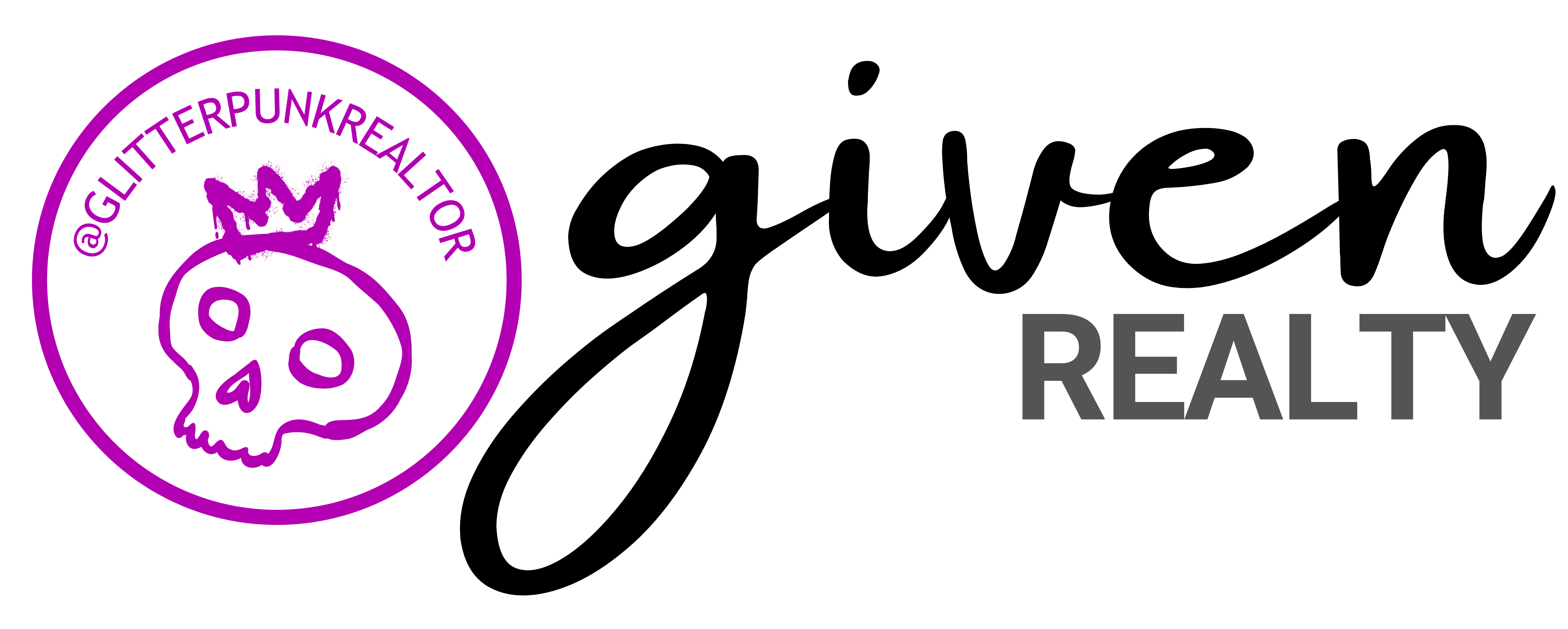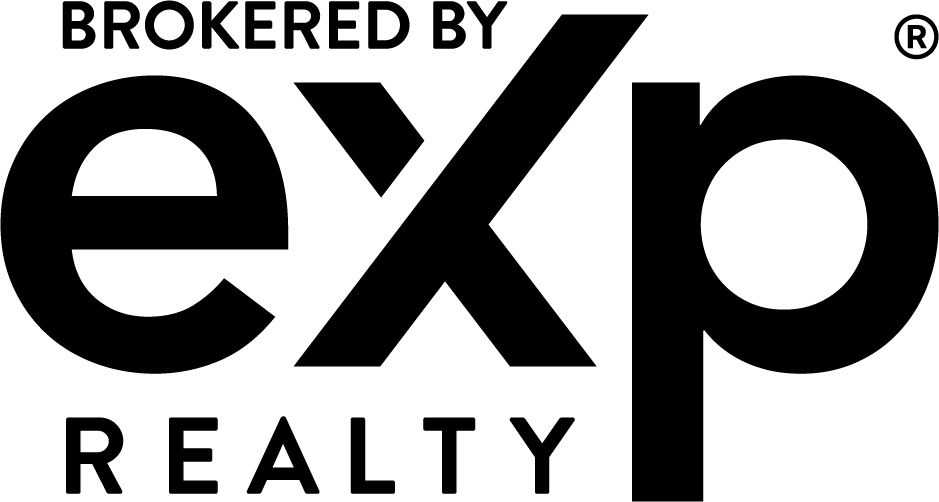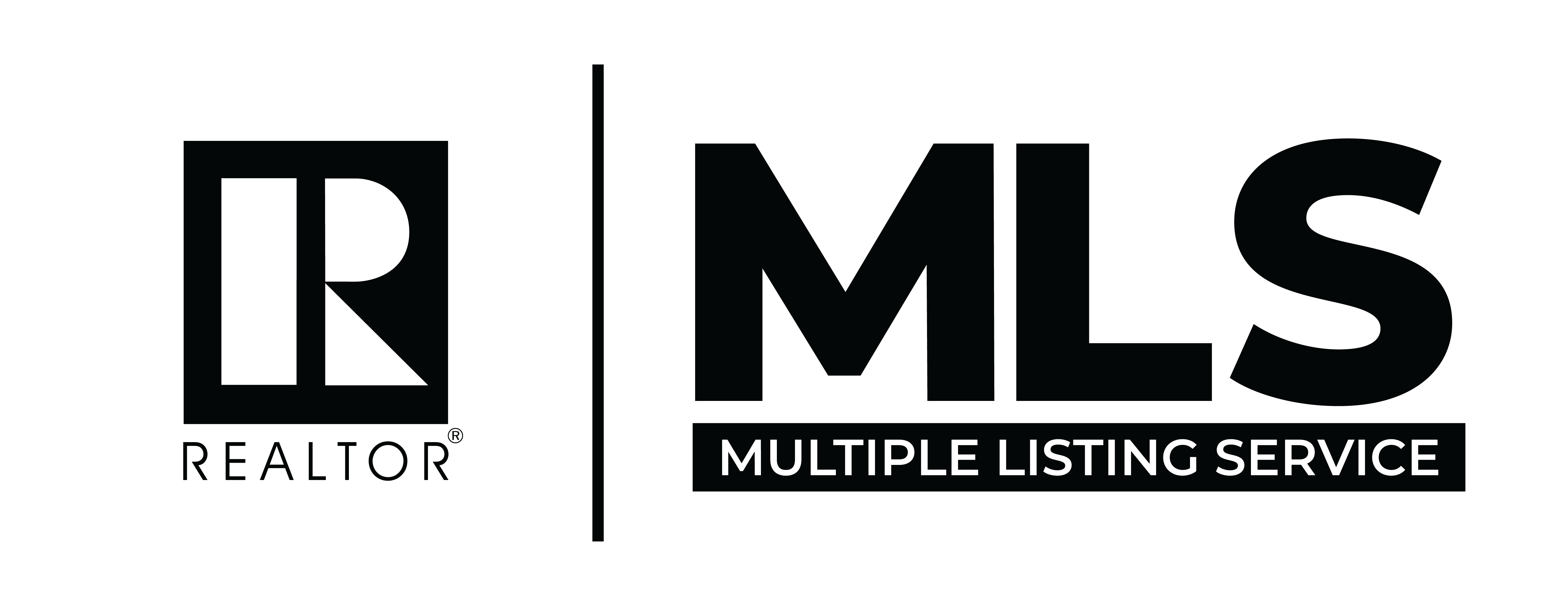

glitterpunkrealtor blog
Building Wealth
October 15, 2024
Obtaining wealth doesn’t require a college degree, nor should it. But, it can be helpful to understand the ways that you can obtain and maintain wealth, and how to continue to educate yourself when it comes to real estate and any other type of commodity ownership.
When you know how to digest information and monitor data changes over time, you can make educated decisions to best suit your portfolio regardless of its size. A primary avenue of building wealth is through real estate which may involve you being the direct owner, or simply a beneficiary of the a managed portfolio. But real estate is not the only way to hold wealth and I’ll share some of those a bit before I list the options available in real estate.
Wealth Preservation Strategies Beyond Real Estate
While real estate is a popular avenue for building wealth, there are numerous other strategies to consider:
1. Investments:
- Stocks: Investing in stocks (equities) offers the potential for significant returns, but it also comes with risk.
- Bonds: Bonds are debt securities issued by governments or corporations. They generally offer lower returns than stocks but are often considered less risky.
- Mutual Funds and ETFs: These pooled investment vehicles provide diversification and professional management.
- Retirement Accounts: Contribute to retirement accounts like 401(k)s or IRAs to benefit from tax advantages and long-term growth.
2. Savings and Cash Equivalents:
- Savings Accounts: While interest rates may be low, savings accounts offer a safe place to store money.
- Certificates of Deposit (CDs): CDs provide higher interest rates than savings accounts but come with a fixed term.
- Money Market Accounts: These accounts offer check-writing privileges and slightly higher interest rates than savings accounts.
Heirlooms
A topic I want to note are family heirlooms. These can be permanent fixtures of a building, the building itself, or smaller items kept in a safe place to be passed down through the generations. Often these pieces are solely sentimental items, but sometimes they can hold appreciating monetary value. It is worth considering what you may be able to pass down to heirs that may be stored in your home but are not the house itself. Not everyone wants to maintain any, or multiple, properties.
Have an open dialogue with your family about the natural occurrence of death, inheritances that may be passed on, and what they may want to maintain versus not. It can be a truly kind gesture to have your estate prepared long before your death so that the living may be present in their grieving and able to cherish memories of your time together.
Factors Affecting Value:
- Rarity: The rarer the item, the more valuable it may be.
- Condition: The condition of the heirloom is crucial. Items in excellent condition are generally worth more.
- Provenance: The history of the item, including its ownership and any certifications, can affect its value.
- Market Demand: The demand for the specific type of heirloom can influence its price.
Remember: While heirlooms can be valuable assets, it’s important to approach them with a long-term perspective. They may not appreciate in value as quickly as other investments, and their worth can be influenced by factors beyond your control.
3. Commodities:
- Gold: Gold is often seen as a safe haven asset that can protect wealth during economic uncertainty.
- Other Commodities: Consider investing in other commodities like oil, agricultural products, or precious metals.
4. Collectibles:
- Art: Art can appreciate in value over time, but it’s important to understand the art market and choose wisely.
- Wine: Fine wine can be a valuable asset, but it requires proper storage and knowledge of the market.
- Antiques: Antiques can appreciate in value, but authenticity and condition are crucial factors.
5. Insurance:
- Life Insurance: Ensure your loved ones are financially protected in case of your untimely death.
- Disability Insurance: Protect your income in case you become unable to work due to a disability.
- Long-Term Care Insurance: Consider long-term care insurance to help cover expenses related to nursing home care or assisted living.
6. Business Ownership:
- Start Your Own Business: Owning a successful business can generate significant wealth.
- Invest in a Business: Consider investing in a business venture or becoming a partner in an existing one.
- Remember: Diversification is key to managing risk and maximizing returns. Consider consulting with a financial advisor to develop a personalized wealth preservation strategy.
Education
Before diving into real estate investing, it’s crucial to have a solid foundation of knowledge. Here are some basics to consider:
1. Understanding the Market:
- Local Market Analysis: Study the local real estate market trends, including property values, rental rates, and economic indicators.
- Neighborhood Research: Assess the desirability of different neighborhoods based on factors like schools, amenities, and proximity to employment centers.
- Market Cycles: Understand the cyclical nature of the real estate market and how to identify potential opportunities and risks.
2. Financial Literacy:
- Budgeting: Create a detailed budget to assess your financial capacity and determine how much you can afford to invest.
- Financing Options: Explore different financing options, such as mortgages, loans, and private financing, and understand the associated terms and costs.
- Tax Implications: Learn about the tax implications of real estate investing, including deductions, depreciation, and capital gains taxes.
3. Property Management:
- Self-Management: If considering self-management, understand the time, effort, and skills required.
- Professional Management: Research professional property management companies and their fees.
- Maintenance and Repairs: Be aware of potential maintenance and repair costs and how to handle them.
4. Legal and Regulatory Considerations:
- Property Laws: Familiarize yourself with local zoning laws, building codes, and property rights.
- Rental Laws: Understand tenant rights and responsibilities, as well as landlord-tenant laws.
- Insurance: Obtain appropriate insurance coverage, including property insurance, liability insurance, and rental insurance.
5. Investment Strategies:
- Rental Property: Understand the pros and cons of owning rental property, including income generation, appreciation, and property management responsibilities.
- Fix and Flip: Learn about the process of buying, renovating, and selling properties for a profit.
- House Hacking: Understand the concept of living in one unit of a multi-unit property and renting out the others.
- REITs and Crowdfunding: Explore alternative investment options like REITs and real estate crowdfunding.
6. Risk Management:
- Market Fluctuations: Be prepared for potential market downturns and fluctuations in property values.
- Vacancy: Understand the risks of having vacant units and how to mitigate them.
- Maintenance Costs: Be aware of potential unexpected maintenance costs and have a plan to address them. By understanding these basics, you’ll be better equipped to make informed decisions and navigate the complexities of real estate investing.
Building Wealth through Real Estate
Real estate can be a powerful tool for building wealth. Here are some strategies to consider:
1. Rental Property:
- Income Generation: Rent collected from tenants provides a steady stream of income.
- Appreciation: Over time, the value of the property may increase, leading to capital gains when sold.
- Tax Benefits: Certain expenses related to rental property, such as mortgage interest and property taxes, may be tax-deductible.
2. Fix and Flip:
- Purchase: Buy properties at a discount, often in need of repairs.
- Renovation: Make necessary improvements to increase the property’s value.
- Sale: Sell the property for a profit.
3. House Hacking:
- Purchase: Buy a multi-unit property.
- Live: Occupy one unit and rent out the others.
- Income Generation: Use rental income to offset mortgage payments and potentially earn additional income.
4. Long-Term Appreciation:
- Purchase: Buy property in a desirable location with potential for future appreciation.
- Hold: Maintain ownership over a long period.
- Sell: Benefit from the increase in property value when sold.
5. Real Estate Investment Trusts (REITs):
- Investment: Purchase shares in a company that owns and operates income-producing real estate.
- Diversification: REITs offer diversification and professional management.
- Income: REITs typically distribute a portion of their income to shareholders.
6. Real Estate Crowdfunding:
- Investment: Invest in real estate projects through online platforms.
- Accessibility: Lower investment thresholds compared to traditional real estate investments.
- Risk: Be aware of the potential risks associated with crowdfunding.
- Key Considerations:
- Location: Choose properties in areas with strong economic growth potential.
- Market Research: Conduct thorough research to understand local market trends.
- Financing: Secure appropriate financing, such as mortgages or loans.
- Property Management: If you’re not managing the property yourself, hire a reliable property manager.
- Risk Management: Be prepared for potential risks, such as vacancies, maintenance costs, and market downturns.
Remember: Real estate investing can be a rewarding way to build wealth, but it also involves risks. It’s essential to do your research, create a solid investment strategy, and consult with professionals if needed.
Conclusion
These are just some of the options available to you for making your money work for you and only a quick overview. It is icredibly important to ensure that you know your tolerance for risks, effort and how to diversify exit strategies, when needed. You should talk to a financial professional about your portfolio options and associated risk with your investments of choice, as well as the goals that you may have for the long-term. In my opinion, collaboration with a team of professionals on your journey is the way to go! More feedback will allow you to gain perspective of your situation and make informed decisions when faced with volatility or changes in your life or goals.
How do you intend to build your wealth?
Share your wealth building goals with me online! @glitterpunkrealtor
I am a local Las Vegas real estate agent. If you are in the Las Vegas area and need real estate help, I’m happy to be of service! Send me a text to schedule an appointment today. Or you may book an appointment online here.



